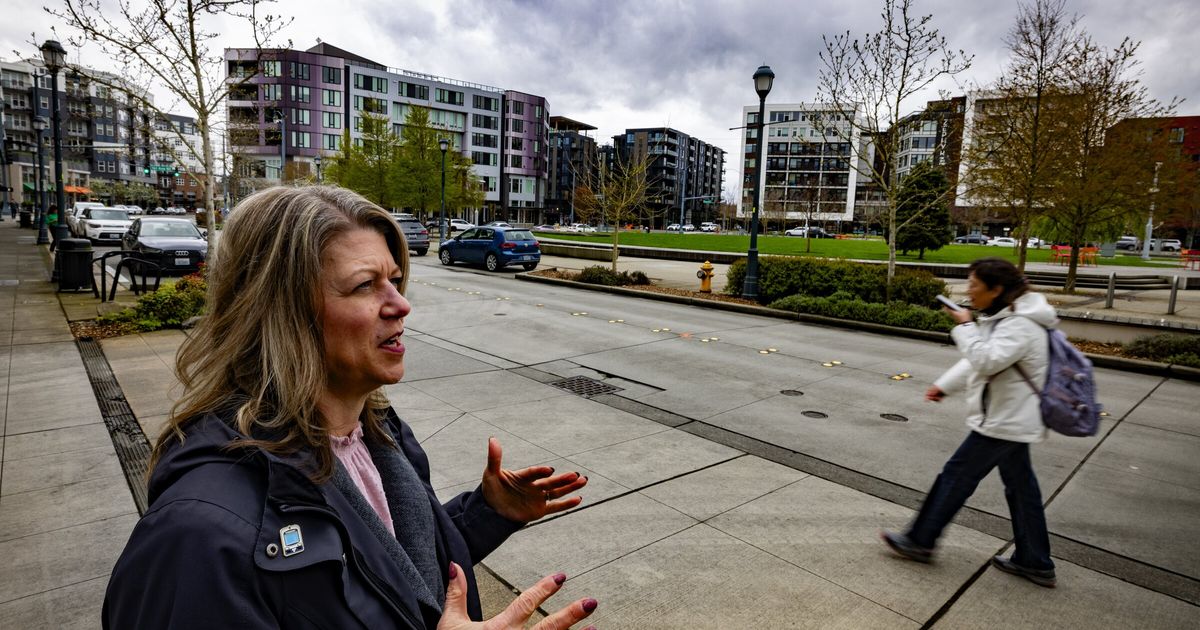Inman Connect New York delivers the perfect blend of outside-the-box thinkers, cutting-edge leaders, and hard-working, successful agents. Join us Jan. 24-26 for crucial content, education, and networking opportunities to help you thrive in today’s changing market. Register here.
The California Association of Realtors has issued a formal apology for racist past policies supported by white supremacist groups that continue to impact access to housing today.
C.A.R. is the nation’s second-largest Realtor association with more than 217,000 members. The trade group, under its original, pre-1975 name, the California Real Estate Association, “once played a leading role in segregation and exclusionary practices in housing,” C.A.R. acknowledged in a press release Friday.
“For decades, CREA promoted policies that encouraged discrimination and the idea that neighborhood integration would negatively impact property values.”
The Los Angeles-based trade group noted that it had endorsed racial zoning, redlining and racially restrictive covenants — all policies designed to enforce segregation and restrict where people of color could live and build wealth through homeownership. The association also denied membership to women and people of color.
Otto Catrina
“The Association was wrong,” said C.A.R. President Otto Catrina in a statement.
“We not only apologize for those actions, we strongly condemn them, and we will continue working to address the legacy of these discriminatory policies and practices.”
To its knowledge, C.A.R. is the first state Realtor association to issue such an apology. Minneapolis Area Realtors, a local Realtor association in Minnesota, apologized last week and St. Louis Realtors, a local association in Missouri, apologized a month ago. Each identified specific remedial policy changes they were making in tandem with their apologies. The National Association of Realtors, the Atlanta Realtors Association and the Chicago Association of Realtors have also made similar apologies.
The California Association of Realtors highlighted two policies in particular — Proposition 14 and Article 34 — that the trade group now regrets championing. The association sponsored Proposition 14 in 1964 as a ballot initiative to nullify California’s first fair housing law, known as the Rumford Fair Housing Act.
The initiative amended the state’s constitution to give property owners “absolute discretion” in choosing who to decline to rent or sell their property, thereby preventing the state from enforcing laws that prohibited discrimination. Proposition 14 was supported by several white supremacist groups including the American Nazi Party. Martin Luther King Jr. visited the state multiple times to campaign against its passage.
With the association’s financial backing, Proposition 14 passed with more than 65 percent of the vote but was ultimately overturned by the U.S. Supreme Court in 1966 on the grounds that it violated the equal protection clause of the U.S. Constitution.
The association was also behind another ballot initiative and state constitutional amendment, Article 34, which voters approved in 1950 as Proposition 10 and remains in place. Article 34 requires cities to get voter approval before building public housing, which no other state currently requires. The law has stymied low-income housing development in California for decades.
“Article 34 is a scar on the California Constitution,” State Senator Scott Weiner (D-11) said in December 2020.
“It’s designed to keep people of color and poor people out of certain neighborhoods. And it needs to be repealed. Publicly owned affordable housing for low-income people is critical to reducing homelessness and ensuring that housing is available to people of all income levels. This important source of housing shouldn’t be singled out for voter approval when other types of housing aren’t.”
C.A.R. is co-sponsoring a bill that would overturn Article 34, the trade group said. That bill, SCA2, will give California’s voters the opportunity to repeal Article 34 in the 2024 election, according to the Los Angeles Times.
“We have continued to unpack our difficult and sometimes obscure history of opposing fair housing laws, promoting segregation and racial exclusion prior to the Fair Housing Act of 1968,” Catrina said.
“As an organization that deeply values inclusion, we can’t change the actions of the past, but we are taking bold action now to help build a more equitable and just future.”
According to C.A.R., other steps the association is taking to address its legacy of discriminatory policies include:
- Offering a closing cost grant for members of underserved communities
- Donating to the Black Wealth Builders Fund, a down payment assistance program for Black homebuyers in the Bay Area
- Partnering with and sponsoring the work of nonprofit organizations that support greater homeownership for members of underserved communities
- Sponsoring and supporting a variety of policies that address supply and affordability challenges for communities of color
- Supporting a law that provides a system for redacting restrictive covenants in property records
The association also said it recently sponsored legislation requiring periodic implicit bias training for all real estate agents and helped shape a new law that strengthens consumer protection in cases of appraisal bias. C.A.R. also has a website devoted to fair housing.
“C.A.R. will continue to develop and strengthen programs that break down barriers to homeownership,” the trade group said.
In recent years, C.A.R. has been criticized for supporting some ballot measures that allegedly aimed to increase home sales without regard to their impact on racial minorities. For instance, in 2020, C.A.R. spent $40 million — of $47 million backers spent total — to pass Proposition 19, a constitutional amendment that provided property tax breaks to homeowners ages 55 years and older, disabled homeowners and victims of natural disasters and fund wildfire response while increasing the property tax burden on owners of inherited property.
Nonprofits concerned with racial equity including the nonpartisan California Budget & Policy Center and the Greenlining Institute, criticized Prop. 19 for allegedly disproportionately benefiting white, wealthy homeowners and not helping first-time homebuyers who are disproportionately people of color.
“Prop. 19-eligible homeowners are … substantially more likely to be white and much less likely to be Latinx or Black than the heads of California households overall,” the center said.
“Housing policy and tax policy have historically benefited white households most, including through policies with explicitly racist design and implementation that have blocked Black and brown Californians from homeownership opportunities.
“By directing additional tax benefits largely to white homeowners, Prop. 19 reinforces racial inequity within California’s tax system.”
Email Andrea V. Brambila.
Like me on Facebook | Follow me on Twitter















